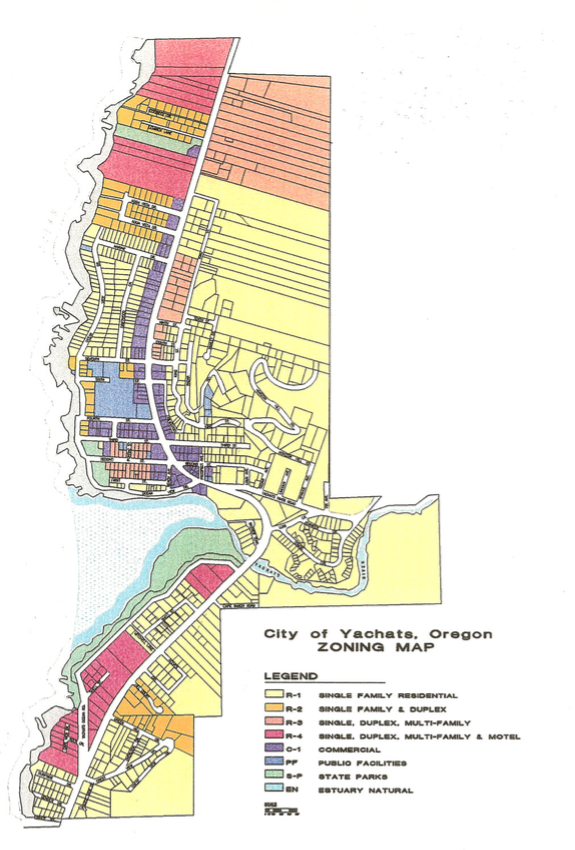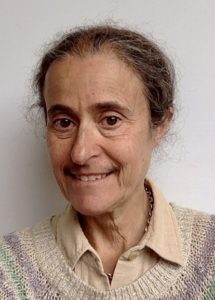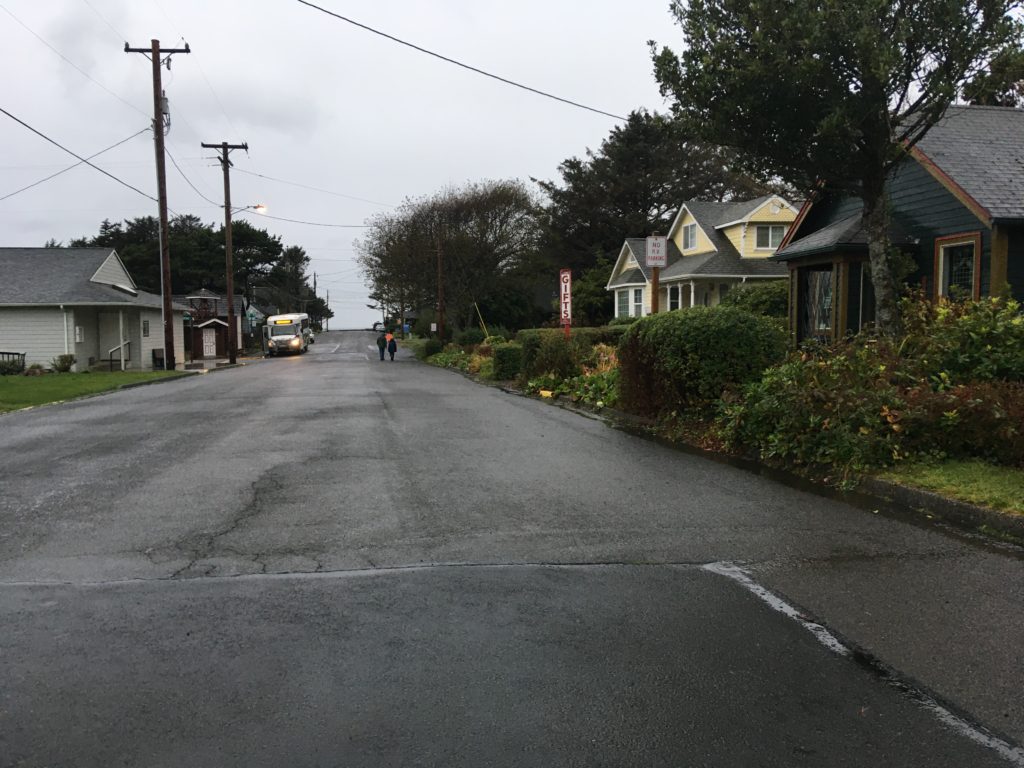
The Yachats City Council has made a dramatic change in the city’s vacation rental ordinance, deciding to allow an unlimited number of rentals in areas of the town zoned for businesses and motels.
In doing so, however, the council last week dropped the cap on the number of licenses from 125 citywide to 100 in areas zoned for single- and multi-family residences.
The council made a series of votes Nov. 20 following six months of discussion on how or if to regulate the number of vacation rentals in Yachats. As a two-year experiment, Yachats instituted a limit on the number of vacation rentals in 2017 and had to renew or update its ordinance this fall or let it lapse.
It’s a livability versus private property debate that’s occurring in popular tourist areas across the United States as homeowners use the internet or local managers to turn their houses or condominiums into money-generating short-term rentals.
Despite meeting after meeting where vacation rental owners – regular residents were noticeably quiet — asked that the cap be eliminated or to allow license transfers, there was never much question whether the council would change the 125-license limit.

But after four months of working through issues and details, Mayor John Moore brought up in October the idea of allowing an unlimited number of short-term rentals in areas zoned for business and motels.
Moore said the idea was another way – in addition to the cap — to help maintain a balance between local residents and tourists using vacation rentals.
The council has maintained that vacation rentals are businesses and therefore subject to city licensing and limits. But there are no restrictions on what types and how many businesses are allowed in commercial zones.
In Yachats, commercial zones include:
- Most land on both sides of U.S. Highway 101 north of the Yachats River until Seventh Street, when the east side of the highway is zoned for single-family dwellings;
- A triangle formed downtown by the east side of Highway 101, Prospect and Third streets;
- Most properties between West Third and Fourth streets west of Highway 101;
- And, four smaller lots between Second and Third streets west of the C&K Market.
Areas zoned R-4 (single-family, multi-family, apartments and motels) include:
- Property where the Fireside, Overleaf Lodge, Overleaf Village and Adobe motels sit.
- South of the Yachats River, the Koho development, and large swaths of property south of Mitchell Lane between Yachats Ocean Road and Highway 101.
“We need to maintain a community of people who live here – a core of the community,” Moore said. “But even with that it’s hard to justify a cap in commercial and R-4 (motel) zones.”
Moore received pushback from councilors Leslie Vaaler and James Kerti, who have often come out on the short end of votes on many vacation rental issues.

Vaaler argued that the city had no data to help determine the effect of unlimited licenses in either zone, that the discussion was “very hasty” and that she thought the council had agreed informally during the summer to not carve out special areas for vacation rentals.
“This will have a lot of unintended consequences and pit neighbor versus neighbor,” Vaaler predicted.
She advocated unsuccessfully for more discussion and notice to residents, especially those adjacent to R-4 zones.
Kerti, noting that the city’s zoning map hasn’t been updated in almost 30 years, said he could support rentals in commercial zones but wanted to look deeper into the city’s zoning and the effect of unlimited rentals in R-4 zones.
The council voted 3-2 to adopt the new rule, with Vaaler and Kerti voting no.
Other vacation rental issues
The council subsequently voted 4-1 to lower the license limit from 125 to 100 outside of the commercial and R-4 zones. Vaaler voted no.
Moore justified the drop by saying that out of 141 current licenses (and only 113 are active) there were 25 licenses affected by the change — 18 vacation rental licenses in R-4 zones and seven in commercial zones.
Vaaler argued that the council should now go below 100 in residential zones because opening the two other zones to an unlimited number of licenses will increase the overall number “as soon as it is known.”
Moore said while that is likely, potential complaints from the increased numbers of rentals will not be coming from residential neighborhoods, which the city is trying to protect.
In the third item decided last week, the council voted unanimously to require that all new vacation rental license applications in residential (R1-R4) zones go through the conditional-use process with the Planning Commission. That process will notify neighbors of the application and give them a chance to comment.
But the council could not agree on how to start or manage a waiting list for vacation rental licenses, which the city’s attorney previously advised should have been in place two years ago. Kerti, Vaaler and councilor Jim Tooke thought the list should be started soon; Moore wanted wait until Feb. 1. The council put off further discussion until one of its December meetings.



